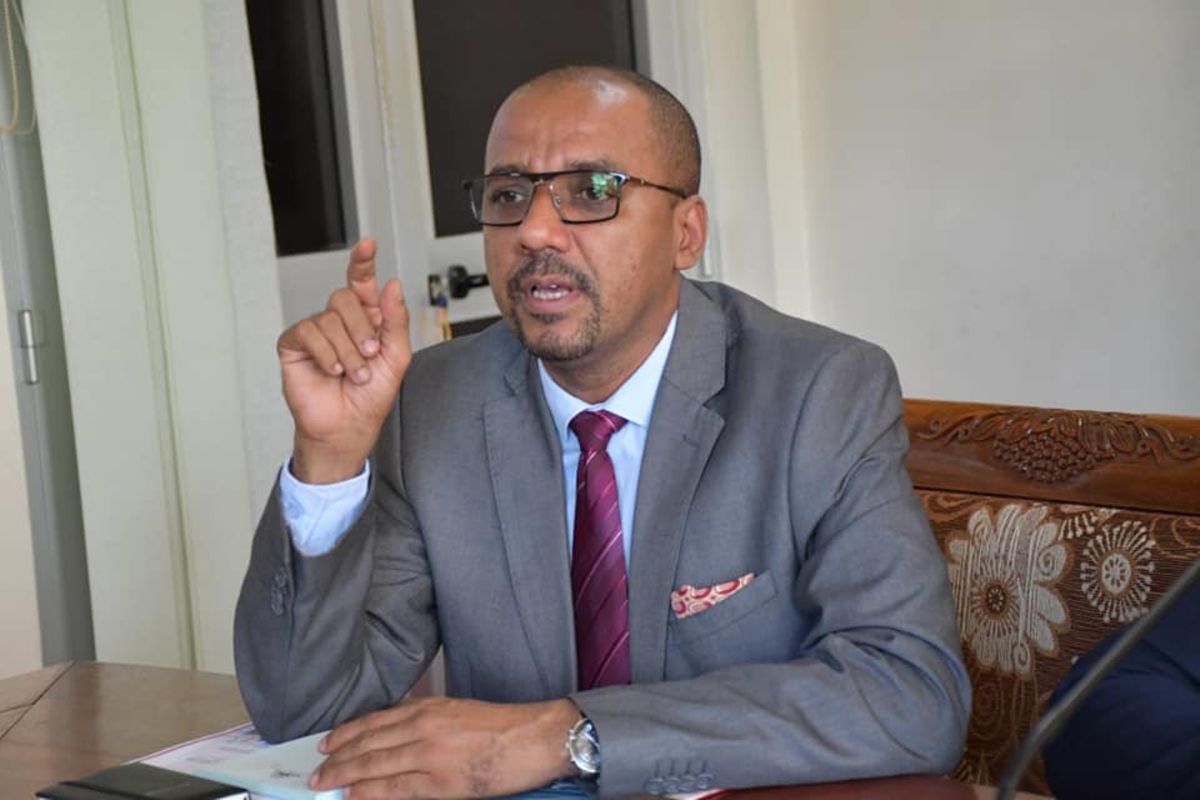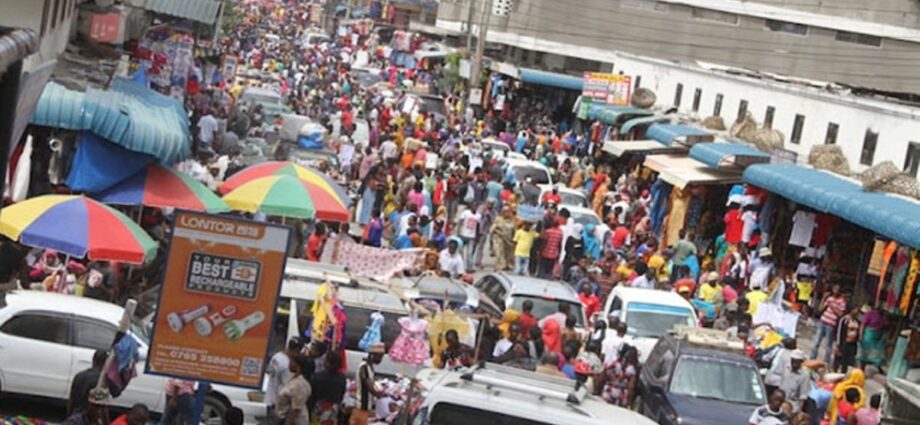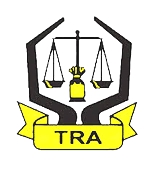Kariakoo is the busiest trading centre in Dar es Salaam, which attracts both local and foreign buyers and sellers, and the taxman wants to ensure everyone doing business in that area, regardless of the size of the business, must be registered and given the Taxpayer Identification Number (TIN).
The new campaign will involve the registration of small traders so that they start using the Electronic Fiscal Devices (EFDs) and the placement of posters inside the market with messages encouraging the issuance of receipts after selling every item.
TRA’s Kariakoo branch now seeks to collect Sh19.5 billion in taxes this month through the campaign, which also emphasizes issuing valid receipts.
“We have decided to come up with this strategy because there are traders who deliberately avoid paying taxes and instead use small traders (Machinga) to sell their products. If you look at it in reality, you will find that the sales by those Machingas are more than Sh4 million—the minimum amount of sales required to pay tax,” said the Kariakoo regional manager, Mr Alex Katundu.
Mr Katundu added that the government has decided that every person doing business in that area whose annual sales reach Sh4 million must start using EFD.
It is reported that more people from across East and Central Africa flock to Kariakoo to buy various items during the festive season.
Mr Katundu said the Kariakoo tax region has registered a total of 5,370 small traders in the current financial year in the Kariakoo area.
“We educate them on the importance of formalizing their business,” he said.
Speaking to The Citizen yesterday, a small trader, Ms Gaudensia Chuwa, who sells clothes, said she decided to formalize her business to enable her to get various opportunities, such as loans.
“Many small business operators refuse to register their businesses because they don’t want to pay taxes, but if the business grows, you won’t stay in the same group, so paying taxes is inevitable,” she said.
Another small trader, Mr Lazaro Mambo, said that during the Christmas season, customers demand receipts, so he decided to formalize it to avoid the inconveniences.
“Business here in Kariakoo has just started this week. People from different countries want to buy clothes and shoes,” he added.
Share this news
This Year’s Most Read News Stories

Ali Hassan Mwinyi, Former President of Tanzania, Dies at 98
Ali Hassan Mwinyi, a schoolteacher turned politician who led Tanzania as its second post-independence president and helped dismantle the doctrinaire socialism of his predecessor, Julius K. Nyerere, died on Thursday in Dar es Salaam, the country’s former capital. He was 98.Continue Reading

Zanzibar free from outbreak of Marburg virus
The Zanzibar government has on Friday April 7 assured international travelers that the Isle is safe and open for business.Continue Reading

Tanzania central bank tells hotels to obtain foreign currency exchange license
BoT governor, Emmanuel Tutuba, urges tourist hotel owners and operators to obtain foreign currency exchange licences to combat the black market.Continue Reading












